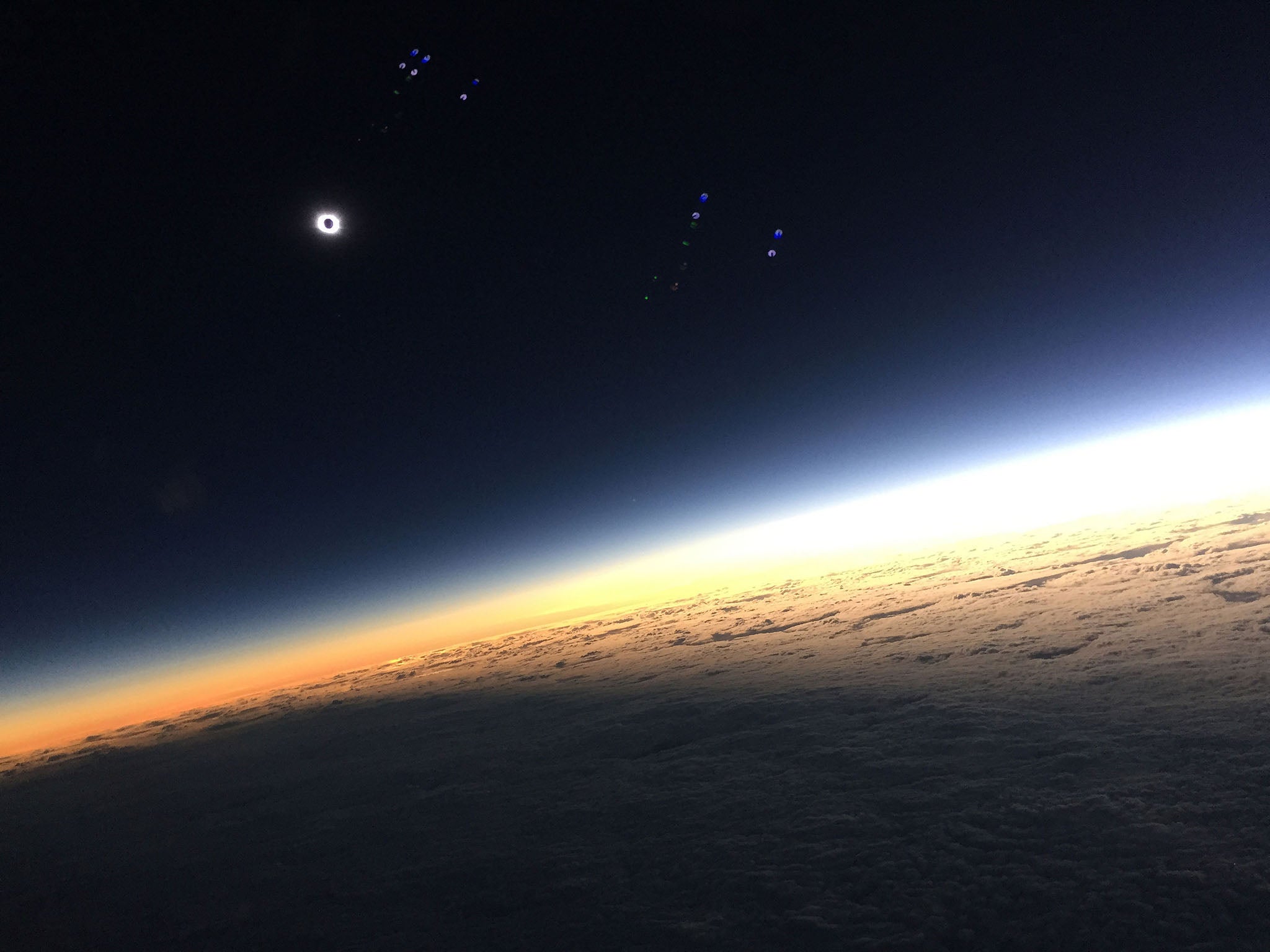The Need for Better Regulation of Outer Space by Pippa Goldschmidt, book review
Clever and compassionate, funny and bittersweet, inventive and heartfelt, this books a real discovery.

I’m always rather nervous when literary authors write about science. As a novelist with a background in science myself (a PhD in nuclear physics, since you ask), I find that the depiction of scientific ideas in fiction can often be ham-fisted, superficial or just plain wrong. Let’s face it, most authors come from a background of studying the arts and humanities, and it often feels like they just don’t get science at all.
There are no such qualms about this excellent and inventive collection of short stories. Pippa Goldschmidt is a careful and thoughtful literary writer with a background in science herself, a PhD in astronomy and many years working as an astronomer. This story collection follows on from her well-crafted debut novel The Falling Sky in 2013 and shares many of the same themes.
Throughout the stories here, Goldschmidt interlaces big ideas about the physical nature of the Universe with poignant personal narratives, an air of melancholy pervading through the stories as often lonely individuals struggle to reconcile their personal and professional lives.
Among the 17 diverse and sometimes experimental tales, some real-life scientists appear in fictionalised form. In “That Sinking Feeling”, a sombre Albert Einstein is haunted by grief and marital strife as he struggles with his Theory of General Relativity. In “The Equation for an Apple” we meet a young J Robert Oppenheimer, long before he developed the atomic bomb, studying at Cambridge and finding the English social mores of the time unbearable.
And, in possibly the saddest tale here, “The Snow White Paradox”, the private and public lives of the pioneering computer scientist Alan Turing are delicately woven together from a series of sideways glances to make for a powerful and moving story.
But The Need for Better Regulation of Outer Space isn’t really about fictionalised famous people. One of the main strengths of Goldschmidt’s writing is that she beautifully evokes the ordinary and sometimes mundane life of scientists and scientific endeavour, managing to eke something profound out of the juxtaposition of big thinking and everyday drudgery.
Many of the characters here spend their days measuring technical photographs, staring at oscilloscope screens, or cleaning test tubes in the service of larger scientific ideas. This is a million miles away from Professor Brian Cox standing on a mountaintop all windswept and dramatic, and yet Goldschmidt portrays the curious mix of excitement and banality perfectly. More importantly, she finds the important emotional stuff in the small details, whether it’s the research physicist getting over heartbreak while trying to detect neutrinos in the Antarctic winter in “Furthest South”, or the young love-struck astronomer searching for dying planets in “The Nearest Help is a Million Light Years Away”.
Personally, I’ve never subscribed to the false idea of conflict between art and science, and have always felt that they’re two complementary and interlinked facets of the same human experience. If ever a book proves that point, it’s this one. Clever and compassionate, funny and bittersweet, inventive and heartfelt, it’s a real discovery.
Subscribe to Independent Premium to bookmark this article
Want to bookmark your favourite articles and stories to read or reference later? Start your Independent Premium subscription today.

Join our commenting forum
Join thought-provoking conversations, follow other Independent readers and see their replies